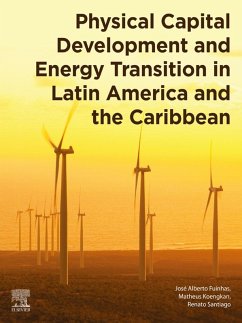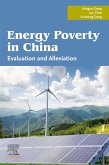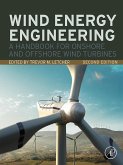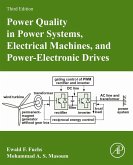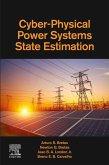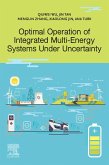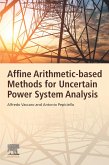Physical Capital Development and Energy Transition in Latin America and the Caribbean introduces the reader to applied theory and potential solutions to manage the transition from fossil energies to renewables given the resource wealth and infrastructural limitations of Latin American and Caribbean (LAC) countries. The work presents consistent empirical approaches and relevant econometric approaches grounded in case studies that offer realistic portrayals of complex multidisciplinary phenomena. It provides policymakers with the knowledge needed for economic decision-making, especially regarding the energy transition and the physical capital development in the LAC (and similar developing regions). The work concludes by road mapping future LAC physical capital investment options to promote 21st-century sustainable energy development.
- Analyses the macroeconomics of physical capital and energy transition in LAC countries
- Uses case studies to draw pragmatic comparative energy policy implications
- Deploys econometric techniques to address empirical approaches on energy and development economics
- Discusses the effects of the energy transition on environmental degradation
- Links energy economics and public investment management
Dieser Download kann aus rechtlichen Gründen nur mit Rechnungsadresse in A, B, BG, CY, CZ, D, DK, EW, E, FIN, F, GR, HR, H, IRL, I, LT, L, LR, M, NL, PL, P, R, S, SLO, SK ausgeliefert werden.

